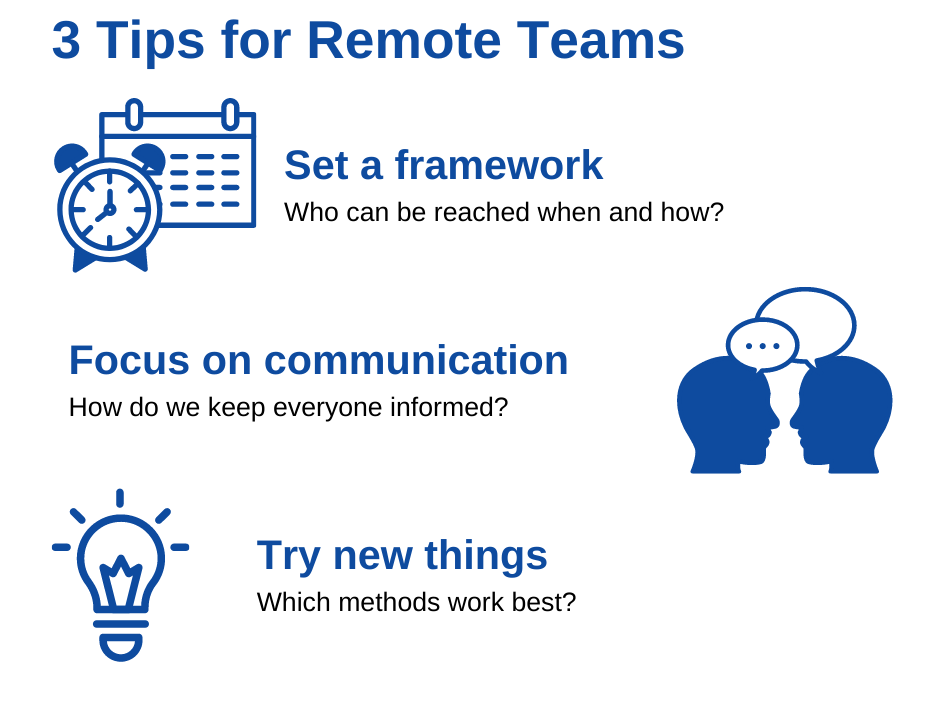Study shows that hybrid working models are in demand also in Switzerland
What challenges does the company face and how can successful implementation be achieved?

The last two years have seen a major shake-up in the way we work. Countless employees have had to work from home from one day to the next – a huge challenge also for companies. Never before has the way we work changed so quickly and radically as in this period. A study by the University of St. Gallen together with Novu Office and HR Campus found that this has led to a major shift in thinking in most of the Swiss companies surveyed. Although the trend towards more flexible working models is not exactly new, before the pandemic many companies were still hesitant to change their previous way of working. In the meantime, however, 83 per cent of the employers surveyed conclude that the switch to remote working has been a success for their company.
There has also been some shift among employees: only 12 per cent want to return to the office full time after the Corona crisis, while 88 per cent want a new working model with at least one day working from home. At the same time, 62 percent prefer a hybrid work model, while 26 percent would like to work completely on a remote basis.
Hybrid working models combine traditional, office-based working with the flexibility of remote working. While 35 per cent of the Swiss companies surveyed used hybrid working models before Corona or at least planned to use them, there has now been an increase to 77 per cent in all company sizes and sectors. However, most companies are still in the development phase of such models, since even if hybrid work has countless advantages for employers and employees, there are also some challenges to overcome.
For example, 89 per cent of entrepreneurs see maintaining an integrative corporate culture as the biggest challenge, and 71 per cent see difficulties in effective teamwork. This means that there must be new opportunities and tools to unite employees in the office and at home in equal measure.
So if hybrid working models are going to be used more in the future, new ways are also needed in project management. Therefore, here are three tips to help organise remote work effectively:
1. Set a framework
Without a concrete framework, it is often difficult for employees to work from homein a home office. For example, many employees feel obliged to be available throughout the day and no longer have a separation between work and private life. Therefore, it is important that working hours are precisely defined. Remote work can also have advantages for employees who need to attend private appointments during working hours. In such cases, however, strict attention should be paid to maintaining one’s own calendar so that colleagues check whether one is available.
2. Focus on communication
Communication can cause some difficulties in working from home, because a brief exchange in the coffee kitchen or clarifying a question across the desk is no longer possible. Colleagues are not always available by phone and e‑mails are not usually answered immediately. Online meetings are not always the best solution either, as they quickly tempt employees to do other work on the side. In order to keep everyone involved in the project up to date at all times, a different kind of communication is needed. Besides daily, short coordination meetings, a project management system can optimally support you in not spending too much time with e‑mails, in video conferences or with telephone calls. In a project management software you can manage tasks and progress and thus call up the current status of a project at any time.
3. Try out new methods
Every project and every project team has its own requirements and needs. Therefore, a solution that worked very well for one project may not necessarily work for another. For this reason, you should be open to new approaches, solutions and possibilities. For example, did you previously rely on classic project management? Then it may now help you to test an agile or hybrid approach. Such a self-organised way of working in small steps can, for example, promote communication between team members as well as their productivity.
To the study: https://novuoffice.com/hybrid-work-compass/
We would be happy to show you in a personal meeting how a suitable project management system can look under such conditions, especially for a hybrid use of classic and agile project management.


